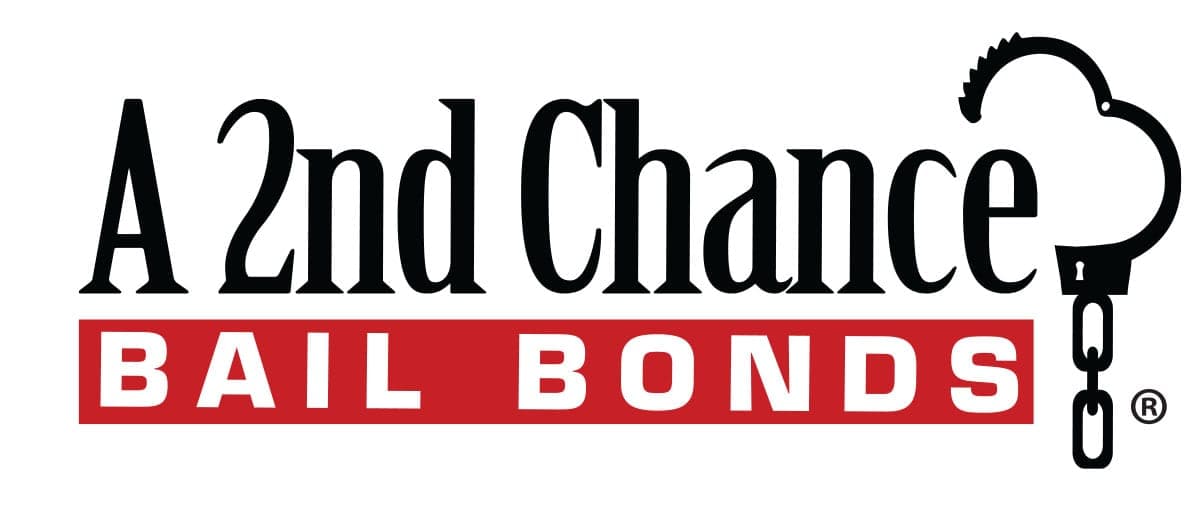
How do courts decide who gets bail and who doesn’t? Making this decision is a complicated process that considers a number of factors – from public safety issues to the severity of the alleged crimes to the defendant’s ability to flee the jurisdiction.
At the federal level, defendants determined to be a danger to the community can be denied bail – and this decision is supported by law. The Bail Reform Act of 1984 says that protecting the public’s safety outweighs the rights of defendants charged with crimes that involve:
- A maximum penalty of life in prison or death.
- Drug offenses with sentences of a minimum of 10 years of jail time.
- Any felony that the defendant has been convicted of twice previously.
- Felony charges that include minor victims, possession or the use of weapons or failure to register as a sex offender.
In deciding to not offer bail to a defendant, judges consider factors such as the seriousness and circumstances of the allegations, the strength of the prosecution’s evidence and relevant personal characteristics of the defendant, such as substance abuse, mental health issues, employment status and family ties to the community. When a judge denies bail to a defendant, the reasons for that denial are recorded in a written order, which the defendant has the right to appeal to a higher court.
State laws govern how their courts extend bail and to whom. In most states, an allegation of a capital crime, those in which the death penalty is in play, is enough to warrant bail denial. Some states, such as California, permit judges to not offer bail to defendants charged with a felony involving violence or a sexual assault, facing strong evidence of guilt or a “substantial likelihood” the defendant would harm another while awaiting trial.
Defendants also play a role in influencing a judge’s decision to grant or deny bail. Additional factors that weigh into judges’ decisions about extending bail include the defendant’s:
- Attitude during court proceedings
- Foreign resident status and potential for leaving the jurisdiction
- History of missing court dates
Often thought to be a simple dollars-and-cents decision, the determination to offer bail requires judges to make a considered evaluation of defendant-specific factors. While this complex process can take only a few minutes of “court time,” the question of offering bail or not has a profound impact on the quality of life for defendants as they await trial.






